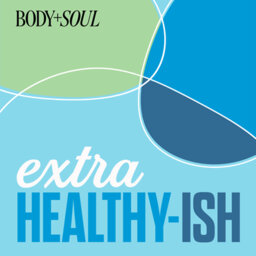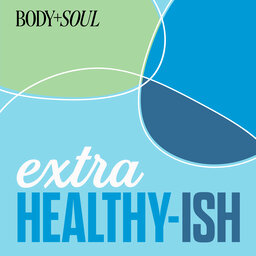Pro surfer Laura Enever's inspiring approach to living fearlessly
Australian pro surfer Laura Enever discusses the evolution of her surfing career from seven seasons on the WSL Women’s Championship Tour (consistently finishing in the top 10) before pursuing big wave surfing in 2017. She shares how she has learnt to live fearlessly in surfing and life.
WANT MORE FROM LAURA?
You can follow Laura’s big wave antics @lauraenever or see her site here.
WANT MORE BODY + SOUL?
Online: Head to bodyandsoul.com.au for your daily digital dose of health and wellness.
On social: Via Instagram at @bodyandsoul_au or Facebook. Or, TikTok here. Got an idea for an episode? DM host Felicity Harley on Instagram @felicityharley.
In print: Each Sunday, grab Body+Soul inside The Sunday Telegraph (NSW), the Sunday Herald Sun (Victoria), The Sunday Mail (Queensland), Sunday Mail (SA) and Sunday Tasmanian (Tasmania).
 Extra Healthy-ish
Extra Healthy-ish


